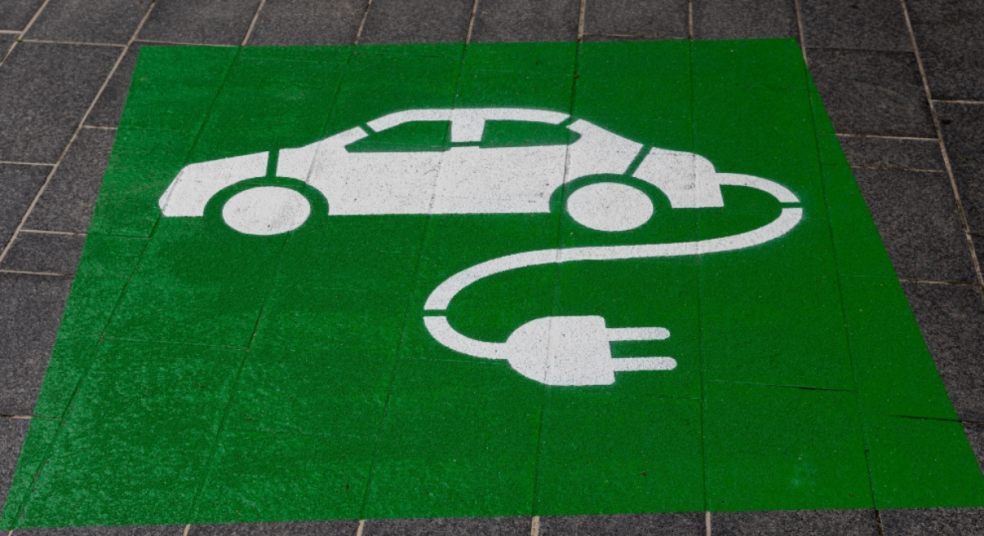
Experts Debunk Common Misconceptions About Electric Cars
With the sale of new petrol and diesel cars to be banned in the UK from 2030, many drivers might be considering switching to an electric car.
In August, The Society of Motor Manufacturers and Traders (SMMT) reported that battery electric vehicle (BEV) registrations saw a year-to-date increase of 48.8%, yet despite these promising signs, there are still various barriers preventing drivers from making the switch. To help inform drivers about EVs, car lease comparison site Moneyshake debunks eight common misconceptions about electric cars.
- Electric Cars Are Too Expensive To Buy
The initial cost of an electric car can often be the biggest concern for drivers, and although for a period of time EVs did cost more than their petrol or diesel counterparts, the situation is changing rapidly. The increased demand for electric cars has led to mass production of the lithium-ion batteries which power such vehicles, causing around a 70% reduction in prices. This is also estimated to decrease by a further 50% before 2030.
As more manufacturers enter the EV market and the number of models increase, EVs will become cheaper to buy, as manufacturers have to find ways to stay competitive, which often results in a reduction in price. There is also the electric car leasing option instead, paying fixed monthly payments to cover the cost of hiring the EV, rather than buying it outright.
- An Electric Car Is More Expensive To Run
The increasing number of charging point companies means that the price of publicly re-charging your EV is increasingly more competitive. Free charging at work is also becoming more readily available, with the government providing grants to businesses for the installation of up to 40 chargers.
Recharging an electric car is certainly cheaper than refilling a petrol or diesel alternative, costing around 1/4 of the price. With home tariffs averaging around 14p/kWh, filling a ‘tank’ could cost as little as £10 or less. Putting fuel costs to one side, fully electric vehicles are also exempt from road tax as they produce zero emissions.
- There Aren’t Enough Charging Points
The number of charging points in the UK is significantly increasing every year. According to Zap Map, at the end of August 2022, there were 33,996 electric vehicle charging points in the UK, across 20,534 charging locations. This represents a 34% increase in the number of charging devices since August 2021.
This is showing no signs of slowing down, with the Local EV Infrastructure (LEVI) pilot scheme expected to deliver more than 1,000 new electric vehicle charge points across the country.
- Your Choice Of Models Is Limited
With more manufacturers regularly entering the EV market, the make and model options available to drivers are constantly improving. Whether you’re looking for an SUV, city car or sports car, you won’t find yourself short of choice looking for an electric alternative. Popular brands such as Audi, BMW and Peugeot offer EVs and more luxury brands such as Porsche or Jaguar also have well-established electric cars on the market, as well as the exclusively electric Tesla cars.
- You Can’t Drive Far Before Needing To Recharge
Whilst it's true that electric vehicles can’t go as long before needing to be refuelled as fossil fuel powered cars, the difference between the two is closing rapidly. EV ranges are constantly pushing higher boundaries, with the Nissan Leaf going from being a 107-mile EV to a 245-mile car in just three years, the Fiat 500e starting with 84 miles on a single charge to now having versions that can travel up to 285 miles and the Tesla continuing to set the bar with its upcoming 620-mile ranged Roadster.
- Electric Cars Are Too Slow
The first-ever, and to this day the only, car to record a sub-two-second 0-60mph time is the fully electric Tesla Model S Plaid. Whilst this is one of the more high-end EVs, the Nissan Leaf can do it in 6.9 seconds and the Peugeot e-208 follows closely behind it, managing this same sprint in just 7.5 seconds, with both of these vehicles being considered middle of the range EVs.
- Electric Cars Are More Expensive To Maintain
Generally speaking, EVs work out cheaper to maintain when compared to fossil fuel powered cars. Internal combustion engines, which make up fossil fuel cars, have significantly more parts than an electric power train (found in EVs), meaning the EV has fewer parts within the car that could need repairing or replacing over time.
- Electric Car Batteries Don’t Last Long
EV batteries are estimated to last between 10 and 20 years before needing to be replaced, with some manufacturers stating that they believe their batteries will outlive the car. However, most manufacturers do include warranties on the battery which tend to range between 5-8 years.
Eben Lovatt, CEO at Moneyshake commented:
“The rate that electric car technology is developing means that there are a lot of myths and misconceptions around their performance, range and price which are incorrect.”
“With manufacturers now developing new and more affordable EVs, as well as charging options becoming more widely available, it won't be long before every UK driver is in a position where making the switch to electric is a viable option.”













